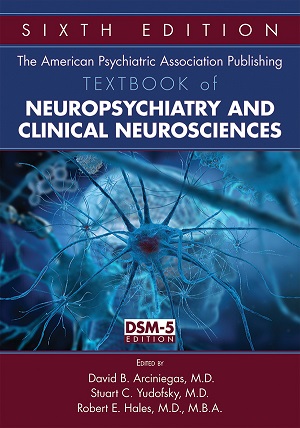Sections
Excerpt
In recent years, the rapid development of diagnostic neurophysiological testing, particularly in the form of structural and functional neuroimaging technologies, has yielded a wealth of information concerning the relationship between structural/functional brain abnormality and psychopathology. Neurophysiological testing of the brain generally adopts one of two forms. Some techniques, such as electroencephalography, quantitative electroencephalography, and magnetoencephalography, assess the spontaneous rhythms of the resting or idling brain. Other assessment techniques use evoked potentials (EPs) to actively interrogate the brain’s sensory systems or event-related potentials (ERPs) to similarly interrogate higher-order cognitive systems. Polysomnography is also potentially important for differential diagnosis in psychiatry, but a discussion of this technique lies beyond the scope of this chapter.
Access content
To read the fulltext, please use one of the options below to sign in or purchase access.- Personal login
- Institutional Login
- Sign in via OpenAthens
- Register for access
-
Please login/register if you wish to pair your device and check access availability.
Not a subscriber?
PsychiatryOnline subscription options offer access to the DSM-5 library, books, journals, CME, and patient resources. This all-in-one virtual library provides psychiatrists and mental health professionals with key resources for diagnosis, treatment, research, and professional development.
Need more help? PsychiatryOnline Customer Service may be reached by emailing [email protected] or by calling 800-368-5777 (in the U.S.) or 703-907-7322 (outside the U.S.).



